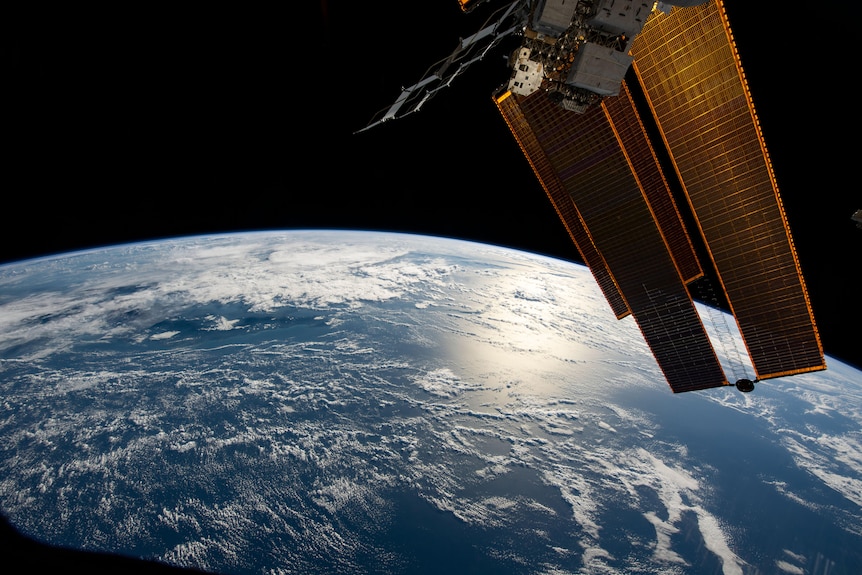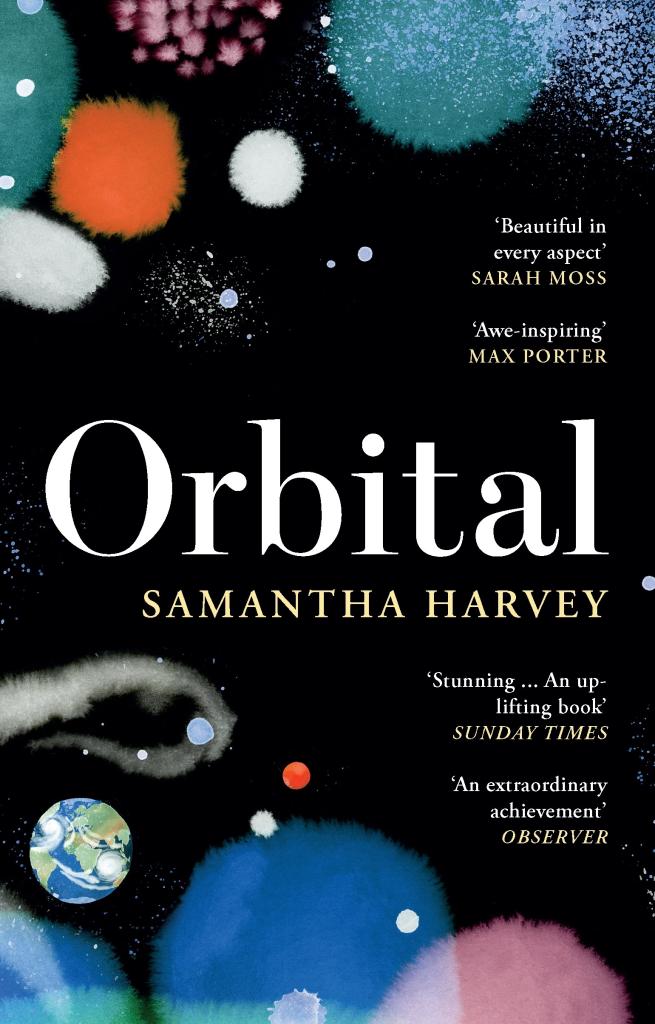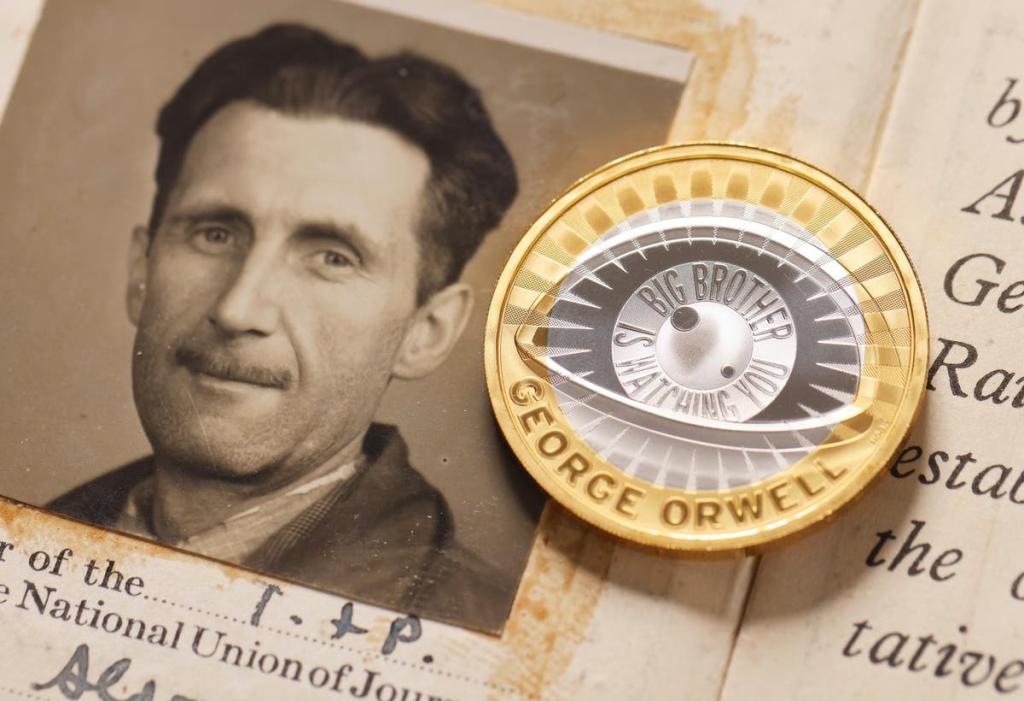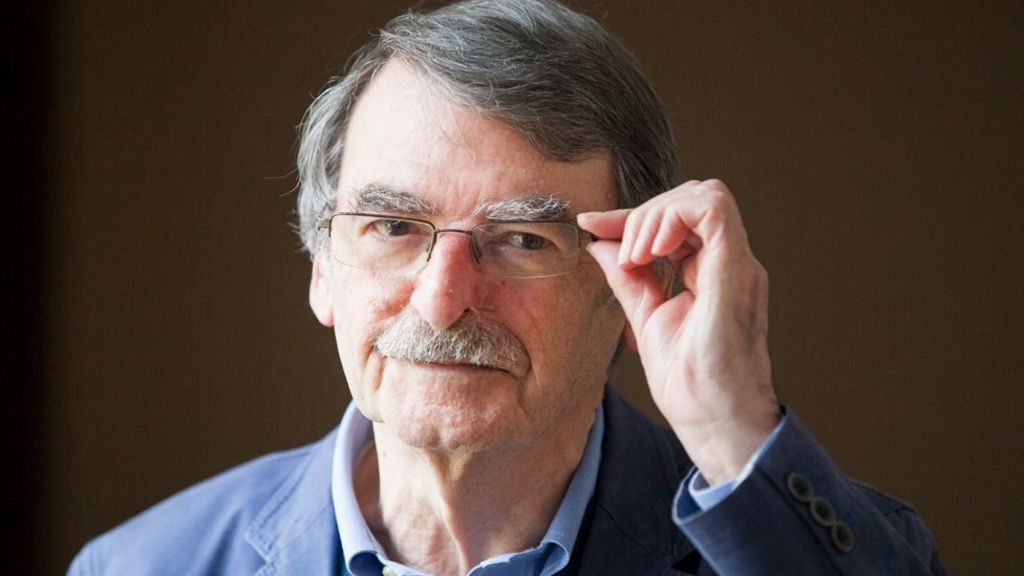Samantha Harvey Wins Booker Prize with Impactful Space Novel
Samantha Harvey's Orbital, a compelling exploration of humanity from space, celebrates her historic Booker Prize win and redefines literary connection.

Key Points
- Samantha Harvey
's novel Orbital explores the human experience through the eyes of astronauts, highlighting themes of connection and fragility.
- Harvey's historic Booker Prize
win signifies a cultural shift toward inclusivity, with a record number of women on this year's shortlist.
- The book's commercial success and critical acclaim reflect its profound impact, resonating deeply with readers during challenging times.
Samantha Harvey has made history by becoming the first woman to win the Booker Prize since 2019, an accomplishment that highlights not only her talent but also the evolving landscape of contemporary literature. Her novel, Orbital, which takes readers on a profound journey aboard the
, has captivated audiences and judges alike, earning her a £50,000 award and a lasting place in literary history. But what is it about Orbital that resonated so deeply with the judges and the reading public?

Connecting Humanity Through Space
At its core, Orbital is not merely a science fiction narrative; it is a reflection on humanity itself as seen through the lens of six astronauts orbiting the Earth. Over the course of 24 hours, they witness 16 sunrises and sunsets, exploring profound themes such as the fragility of existence and the interconnectedness of life. The book seamlessly combines elements of nature writing and scientific observation, creating a unique “space pastoral” that is as much about the beauty of the cosmos as it is about our human experience.
The Journey of Creation
Harvey's journey to crafting Orbital was not without challenges. Initially hesitant to write about a topic she had never experienced firsthand, she candidly confessed, “I lost my nerve”. What sparked her return to the project was the ability to draw parallels between the astronauts’ confinement in a “tin can” and her own experiences during the
lockdown. Watching live feeds from the International Space Station not only provided her with research material but also inspired her with a sense of wonder for the world she was depicting.

A New Perspective
The backdrop of this novel is incredibly timely, especially in a world facing geopolitical crises and environmental challenges. Chair of the Booker Prize judges,
, noted that through Orbital, “we were determined to find a book that moved us, a book that had capaciousness and resonance”. The novel serves as a poignant reminder of the beauty and fragility of our planet, as seen from the vantage point of space. This unique perspective allows readers to reflect on their own lives while instilling a sense of reverence for the Earth.
Example of Commercial Success
Another testament to the book’s impact is its commercial success. Prior to being shortlisted, Orbital had already sold 3,500 copies, and since then, it has exceeded 29,000 copies sold this year alone. This level of interest attests to the connection readers feel to the themes Harvey explores, as well as their curiosity about the human condition, framed within the awe of space exploration.

Breaking Barriers
Harvey’s achievement is particularly significant not only because she is the first woman to win the prize in four years, but also because this year's shortlist featured a record five women out of six nominees. This evolution reflects a broader trend toward inclusivity and diversity in literature, where traditionally marginalized voices are gaining recognition on prestigious platforms. Harvey's win signifies not just a personal triumph but a cultural shift in which women's narratives and experiences are celebrated, recognized, and valued.
A Future to Look Forward To
As we celebrate Samantha Harvey’s triumphant win, her novel Orbital invites readers to meditate on what it means to be human in an expansive universe. Harvey’s ability to weave evocative imagery with deep philosophical questions illuminates that even in spaces as seemingly remote as outer space, the essence of human connections persists. In these challenging times, literature serves as a bridge to understanding and appreciating our shared existence, giving us hope for a brighter future.



